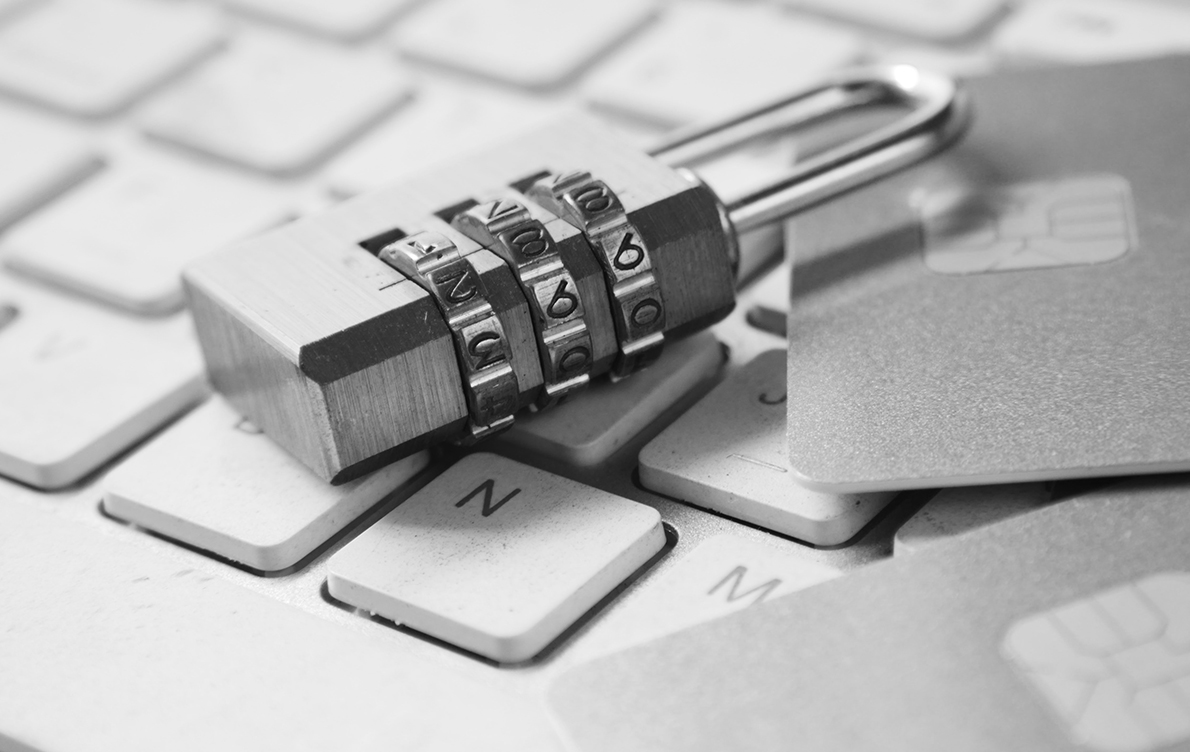Blockchains & Intellectual Property for Startups
The value of technology-driven startup companies is often heavily dependent on a company’s ownership of intellectual property and the value associated with that intellectual property. Blockchains can serve an important role in proving ownership, usage, and ultimately the value of intellectual property.
Blockchains are a revolutionary technology that use a distributed network of computers (nodes) solving complex cryptography to securely record data and transactions on a ledger. The ledger can be monitored in real time by all nodes in the network, and can only be edited with the combined efforts of at least 51% of the nodes in the network. This makes the information stored on blockchains with a substantial number of independent (e.g., peer-to-peer) nodes highly reliable and transparent. Blockchains will underlay the next generation of data storage and management, and will affect intellectual property in three important ways:
- Proving Ownership
Once copyrightable, trademarkable, or patentable work is added to a blockchain, the blockchain will forever provide an auditable record of ownership of the underlying intellectual property – down to the original party that added the intellectual property to the blockchain. This will facilitate audits of the rights to specific intellectual property, and reduce or entirely remove the need for associated insurance.
- Proving value
Blockchains may be programmed to record every time intellectual property is accessed for things such as trademark or patent applications. They can also record every time intellectual property is accessed by a party other than the owner, which can provide an accurate record of use of the intellectual property that can be efficiently analyzed, assigned a value, and monetized. This will streamline the ability to accurately value intellectual property in the context of funding rounds, or mergers and acquisitions.
- Smart Contracts
Blockchains may be programed to execute complex software and computer codes in a way that ensures every executed line of code is accurately recorded and auditable. Agreements for intellectual property rights can be coded into and automatically executed by a blockchain. For example, an agreement whereby one party licenses the rights to use a trademark to another party for monthly payments can be coded into a blockchain, and the blockchain will execute smart contracts to automatically release the appropriate amount of funds each month. Additionally, the blockchain may monitor the use of the trademark, and automatically revoke the license or increase payments owed if misappropriation of the trademark is detected or the underlying agreement is otherwise violated.
Ultimately, startup companies with significant intellectual property will find blockchains integral in proving ownership and value of their intellectual property, and should consult professionals regarding recording their intellectual property on a blockchain.
No aspect of this advertisement has been approved by the highest court in any state.
Results may vary depending on your particular facts and legal circumstances.
As the law continues to evolve on these matters, please note that this article is current as of date and time of publication and may not reflect subsequent developments. The content and interpretation of the issues addressed herein is subject to change. Cole Schotz P.C. disclaims any and all liability with respect to actions taken or not taken based on any or all of the contents of this publication to the fullest extent permitted by law. This is for general informational purposes and does not constitute legal advice or create an attorney-client relationship. Do not act or refrain from acting upon the information contained in this publication without obtaining legal, financial and tax advice. For further information, please do not hesitate to reach out to your firm contact or to any of the attorneys listed in this publication.
Join Our Mailing List
Stay up to date with the latest insights, events, and more



